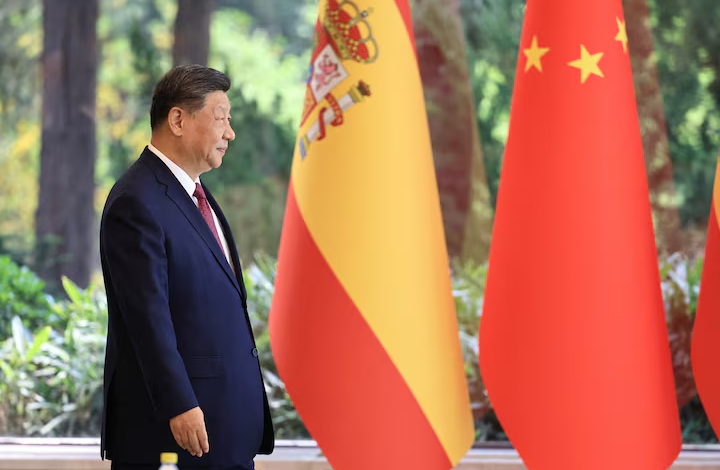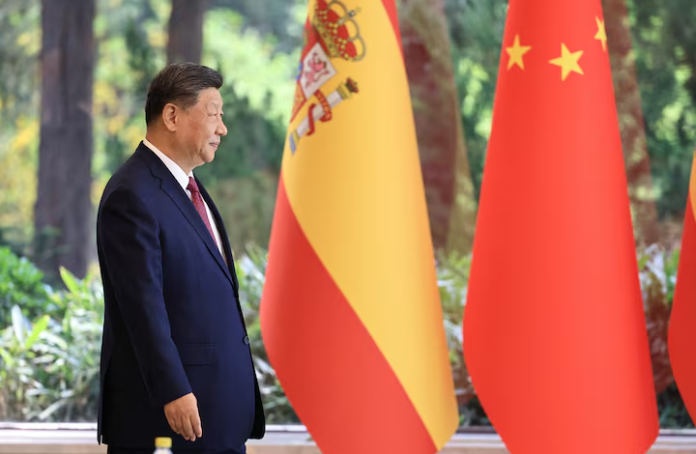In a bold response to escalating trade tensions, China has imposed new tariffs of up to 125% on U.S. imports, intensifying what is now a full-blown economic standoff with the United States. The move comes just days after former President Donald Trump announced steep tariff increases on Chinese products, raising duties to 145% while offering a 90-day reprieve to several other countries.
China’s Ministry of Finance didn’t mince words in its statement, condemning the U.S. tariffs as “unilateral bullying” that violates global trade rules and disregards basic economic logic. “This is simply coercion dressed up as policy,” the ministry declared. In an even more pointed critique, Chinese officials described Trump’s tariff policies as “a joke” with no economic value.
While investors braced for Beijing’s next steps, the Chinese yuan saw volatility, dropping to levels not seen since the global financial crisis before slightly recovering. China’s retaliatory move increases the strain on businesses on both sides, making the cost of cross-border trade nearly impossible to justify. With import duties exceeding 100%, profit margins for exporters have vanished, leading analysts to say that practical trade between the world’s two largest economies is now virtually non-existent.
Significantly, Beijing announced it would not match future U.S. tariff hikes. “If the U.S. keeps raising tariffs, it won’t make a difference anymore. It will go down as a farce in economic history,” China’s Finance Ministry noted. However, this does not mean China is backing down — the government has signaled that non-tariff measures such as import restrictions and advisories may become the new front in the trade war.
In fact, China has already begun flexing its muscles in other sectors. On Thursday, Beijing said it would restrict imports of Hollywood films. Earlier in the week, it issued travel and education advisories targeting the U.S., warning Chinese tourists and students about safety and visa issues, particularly in Ohio.
According to UBS analysts, China’s decision not to match future tariffs shows a shift in strategy. With nearly 100% of goods between both nations now subject to punitive tariffs, China appears ready to pivot from confrontation to diplomatic maneuvering.

China is now actively working to strengthen its trade alliances. During a recent meeting with Spanish Prime Minister Pedro Sanchez, President Xi Jinping called on the European Union to stand with China against “unilateral acts of bullying.” Xi is also set to visit Southeast Asian countries like Vietnam, Malaysia, and Cambodia to reinforce regional ties and seek new market access opportunities — particularly in agriculture and manufacturing.
Meanwhile, Commerce Minister Wang Wentao is on a diplomatic offensive, holding talks with officials from the EU, Malaysia, South Africa, and Saudi Arabia. On Thursday, China and the EU agreed to resume trade negotiations, including discussions around electric vehicle pricing — a sign that Beijing may be moving to isolate the U.S. economically.
Although China says it’s open to dialogue, its message is clear: it will not be pressured or intimidated. As tensions deepen, the world is watching closely to see if this trade war will give way to a broader geopolitical realignment — or a dangerous economic divide.



